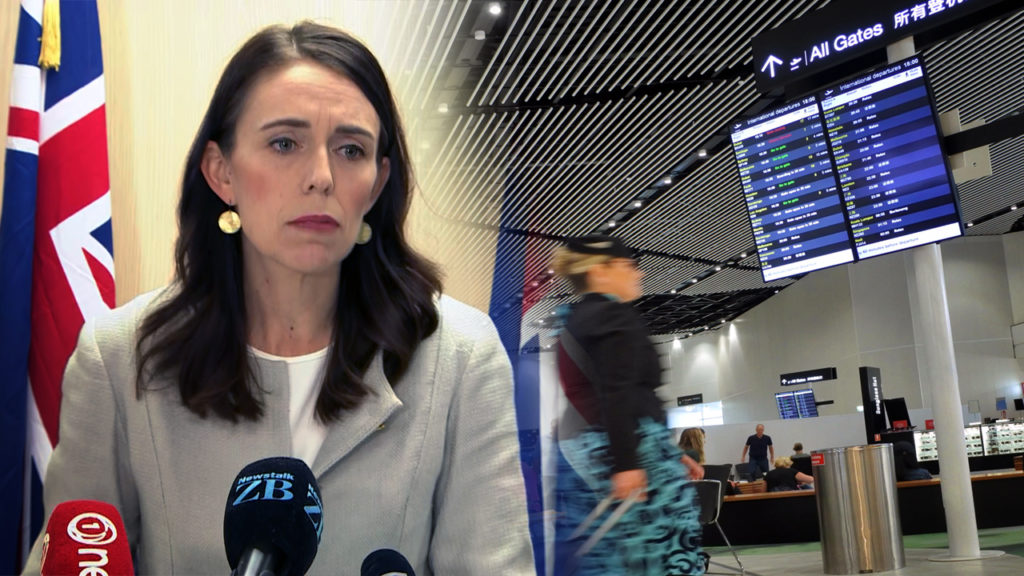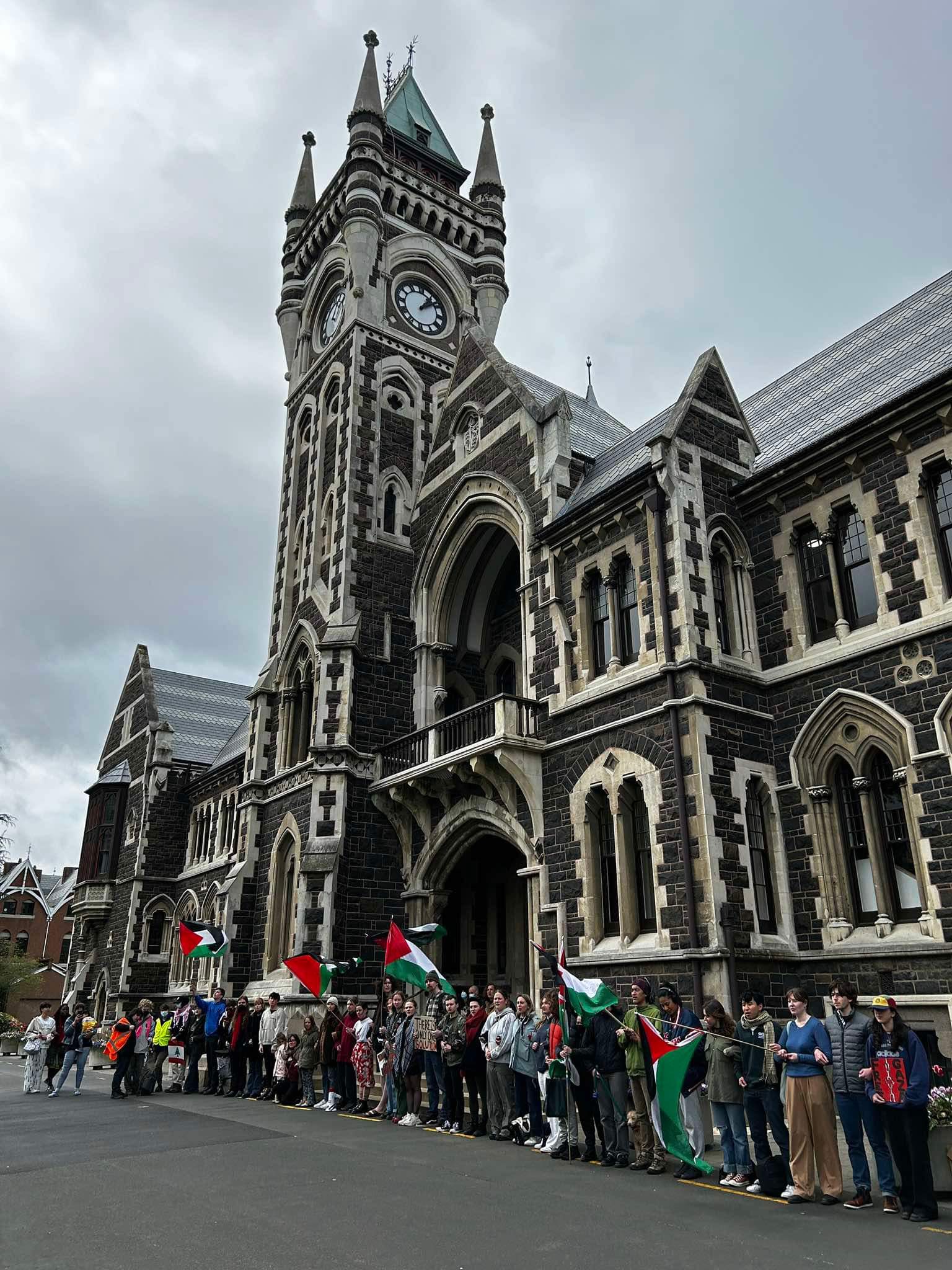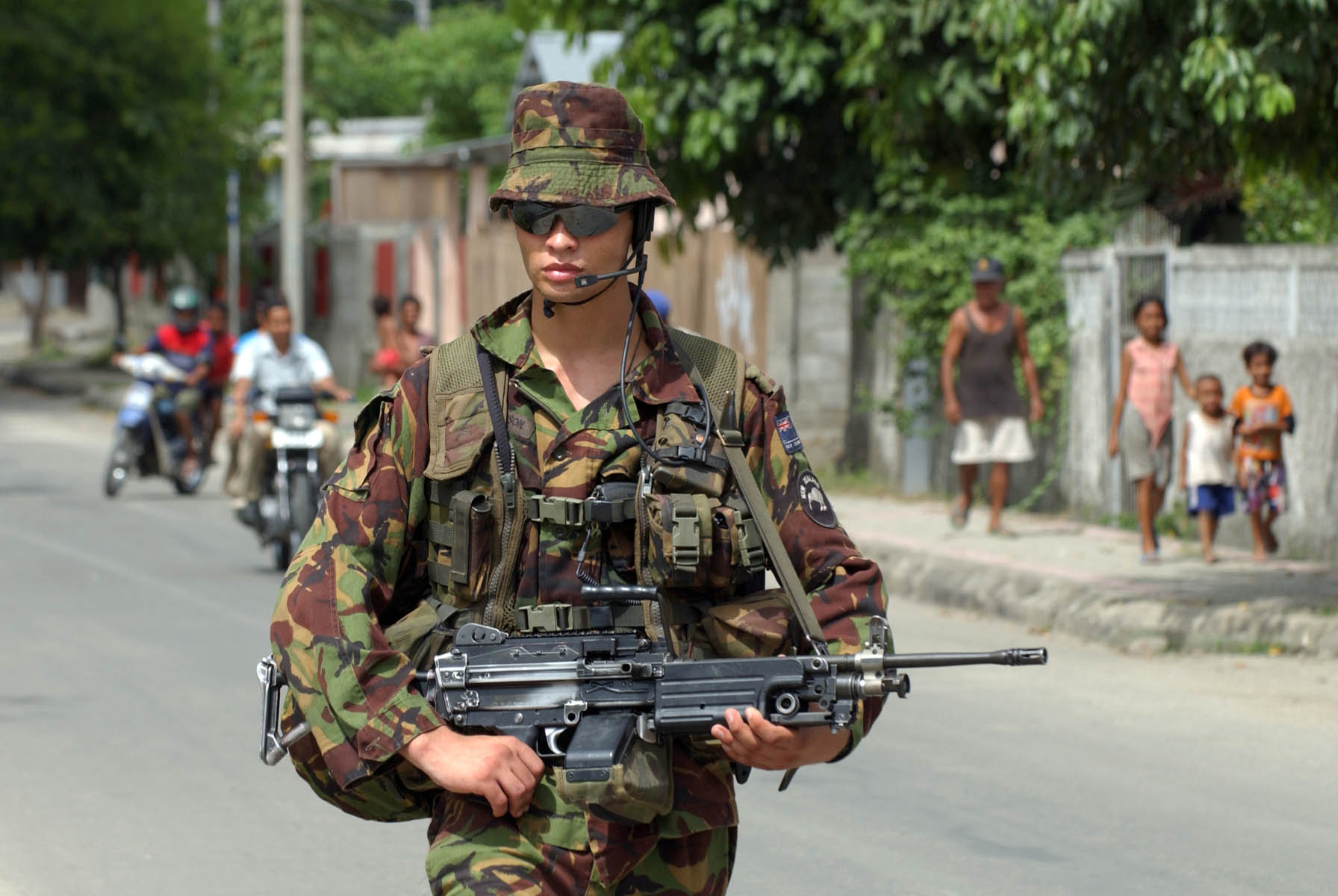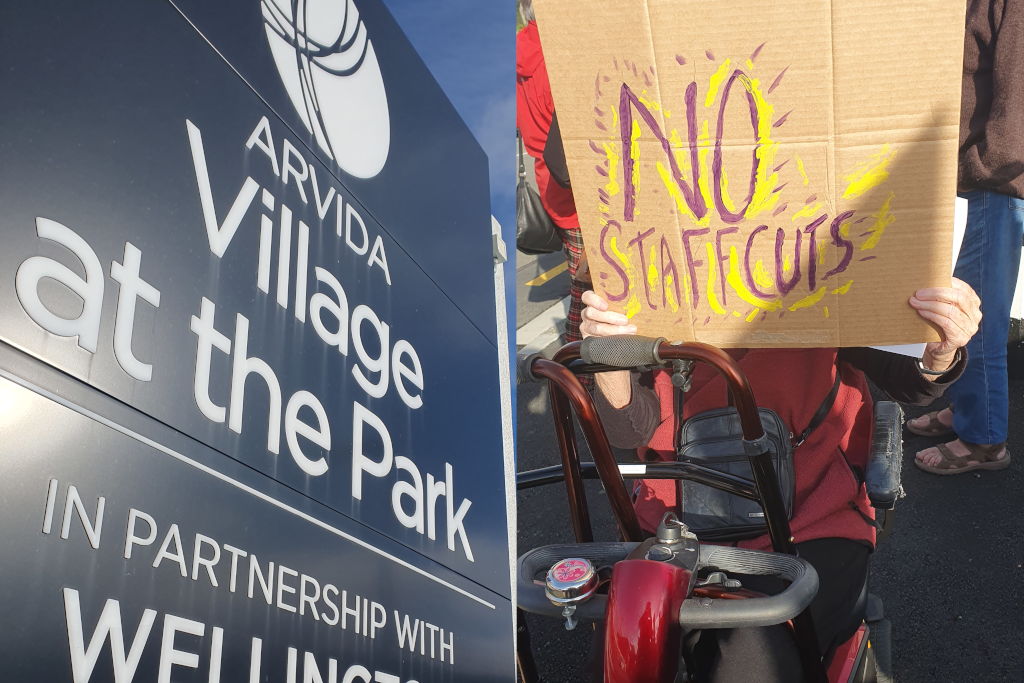Around the world capitalist governments (there are no others, unfortunately) have criminally permitted COVID-19 to spread and cause needless deaths. From the political harassment of Li Wenliang by the Chinese Stalinist police state to the present day, governments have behaved appallingly. Why? Because they have sought to limit the impact of responses to COVID-19 on the business of making money. Consequently, government measures have consistently been too little, too late. In country after country there have been failures to get in front of the curve and nip the spread of the virus in the bud. Only China, after a bad start, has got on top of the outbreak, by deploying mass-scale quarantine measures. Elsewhere it appears that governments have not understood the simple facts about the nature of this pandemic; but the problem has not been a question of ignorance so much as an automatic bias towards business interests.
There has been a clear correlation between the political complexion of governments and the level of action taken. Right-wing governments, like Bolsonaro’s in Brazil, Trump’s in the U.S. and Johnson’s in the U.K., have been the worst, the most hands-off; but I would stress that the differences between government approaches to the crisis have only been a matter of the degree of criminality. I will say more about Aotearoa’s rotten Labour government below.
There are no grounds for being fatalistic about the spread of COVID-19. The spread of the virus can be halted by stopping the movement of people and extensive quarantining of known and potential cases combined with consistent and widespread testing. It has been shown how effective this tactic is when looking at how some countries have effectively dealt with the epidemic. South Korea with a large outbreak with community transmission has already brought the epidemic under control through utilising these measures. These methods are also advocated by some of our leading scientists – Professor Phillip Hill from the University of Otago stated that the most effective techniques involve rapid case contact management involving early diagnosis and isolation.
Each passing day of insufficient action is making it more difficult to stop the pandemic. Governments are being forced into taking evermore drastic action in punishment of their earlier failures to act. Actions that they considered to be an overreaction only yesterday quickly prove to have been underestimate of what was required.
In the UK the Johnson government has pulled back from its ‘herd immunity’ strategy, which was to allow the virus to spread among the young and healthy, who would then be protected in future by their immunity. However, when the modelling predicted that this would result in 260,000 deaths Johnson did a U-turn. Perhaps he had visions of being tried for mass-murder at some future date.
Italy shows what can happen when control over the spread of the virus is lost. There are not enough medical facilities. Health professionals have had to decide who gets a ventilator and who dies.
A common feature around the world is the paucity of financial support for workers who have been asked to stay at home or have lost their jobs. If a worker is feeling unwell, if only mildly, that person should be encouraged to stay at home. But the prospect of living on a pittance is no encouragement. The fight against the virus is being compromised by the usual bias against workers.
In contrast to the parsimony towards workers, capitalists have been demanding that they be compensated from the public purse for loss of profits. And they are getting it as governments fall over themselves to lavish public money on keeping the owner class in the black.
Now, to New Zealand. Having no land borders, and until relatively late on not having any COVID-19 cases, Aotearoa was in a good position to entirely prevent or eradicate COVID-19 from its shores. It still could do so, but there is little sign of the Ardern government taking the necessary steps. Instead, it is running a huge risk on people’s lives by its lax controls.
Last week New Zealand COVID-19 cases went from 3 – 7 with two of them probable. Halfway through this week the confirmed cases have jumped to 28. In an email yesterday to Labour supporters Jacinda Ardern says:
“This is a rapidly evolving global situation, and protecting New Zealanders’ health and stopping the spread of this virus is our number one focus – that is why we must go hard, and go early, and do everything we can to reduce the threat of transmission of COVID-19 in New Zealand.”
Hard and early? If only that was true! We in Aotearoa are on the cusp of being unable to prevent COVID-19 from spreading and causing deaths. We are not far off from the tipping point where it is not possible to know who has contracted the virus. The 28 known cases are linked to arrivals by air. One of them at least arrived at Auckland Airport then took an internal flight, putting more people at risk. In Dunedin a man arriving by an international flight passed on the infection to his son, a student at Logan Park School. Unless quarantine is enforced at international airports, it will be very easy for COVID-19 to spread into the community and get out of control.
The government’s policy is to tell arrivals from overseas to self-isolate for two weeks, except that arrivals from Pacific islands are exempt. But before an arrival get to their home they may have been in close proximity with, say, a taxi driver. Leaving it to individuals to self-isolate runs the risk of self-isolation not being carried out strictly. The Logan Park School case should have sounded alarm bells in the government with over 150 students in classes with that student. The needless exemption to Pacific islands has already proven risky as it has emerged that the virus is in Fiji and possibly in Samoa as well.
The key measures to prevent COVID-19 taking hold in Aotearoa is to stop the movement of people, quarantining every person that has or may have the virus, and extensive testing. Some of the easier to implement strategies have already begun – but more needs to be done to ensure that New Zealand can handle the outbreak and ensure that workers don’t have to bear the brunt of the economic fallout.
- The Ardern government should stop international passenger flights completely, but if it does not do that it must put all arrivals in quarantine. Airport hotels could be commandeered for this purpose.
- Quarantine centres must be established for all that have tested positive or have been in contact with COVID-19 cases.
- Must develop the testing facilities and personnel necessary to carry out rapid case contact management on a national scale.
- Internal travel by air, road and rail must be limited to essential journeys.
- Schools and tertiary institutions must close from now.
- Workplaces should be assessed by the government on a case by case basis as to whether they should open. In any event, all workers should get normal pay.
- A ban on redundancies for the next 90 days, no-one should lose their job because of this virus.
- Today the government changed its totally inadequate policy of limiting gatherings to a maximum of 500. The new regime does not go far enough. Outdoor gatherings of 500 are still allowed. Indoor gatherings are now limited to 100, but workplaces, schools, supermarkets and public transport are exempt.
- The government must use all media – TV, radio, the press and internet – to constantly preach social distancing and hygiene.
Since this article was published the NZ Government has announced that it is closing its border to all but NZ citizens and permanent residents









